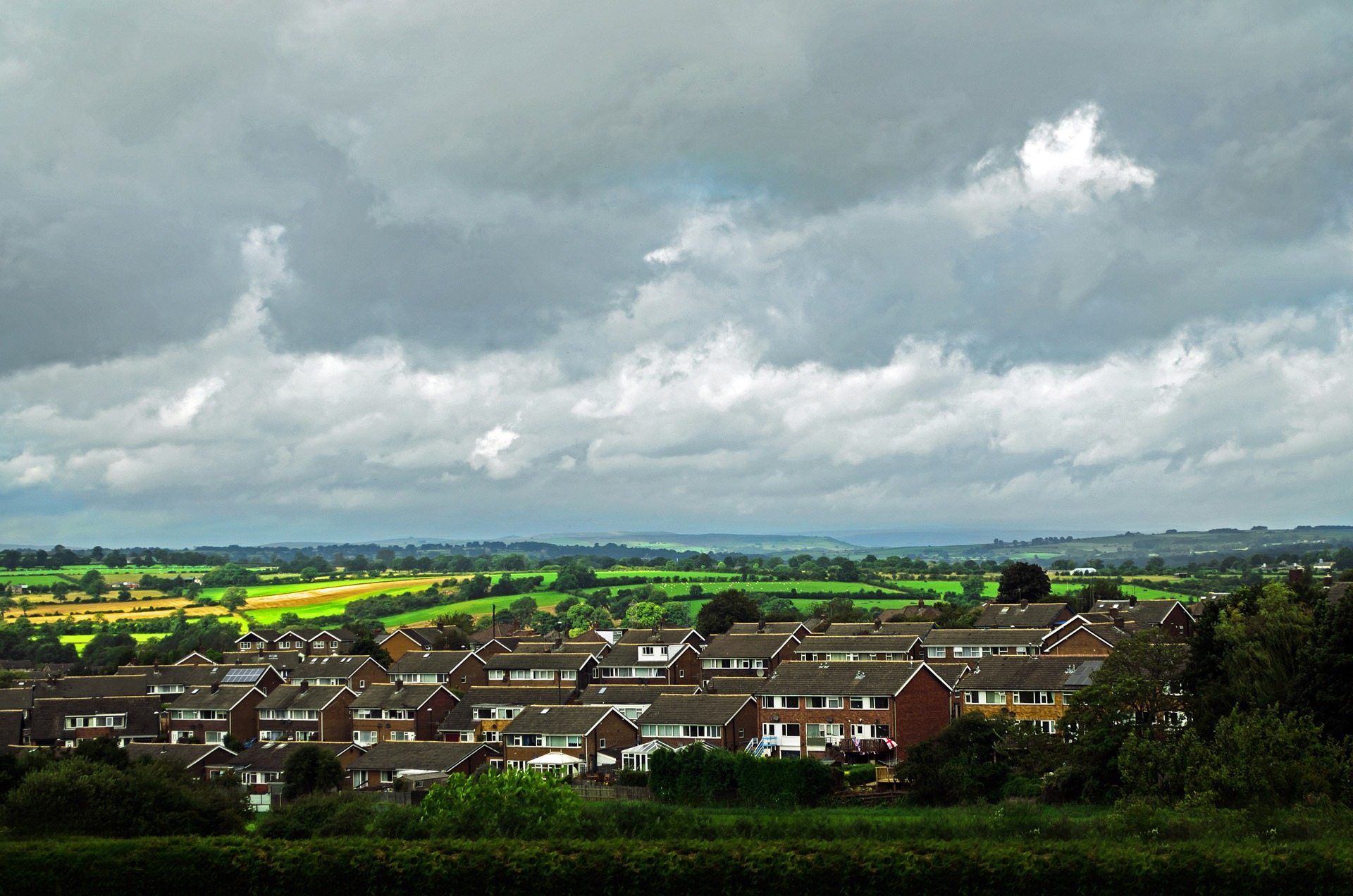All too often when policy makers consider the countryside they think of chocolate box images of the rural idyll. These assumptions, however, mask a nuanced reality in which rural areas are much more vibrant and dynamic than many imagine but also suffer far greater deprivation and poverty too.
No more is this the case than in respect to the rural housing market. New research from the Institute for Public Policy Research has found that the average rural house price at £320,700 is more than £87,000 higher than the urban average excluding London (£233,600). This is similarly the case in respect to rented homes, with rural dwellers spending a significantly larger portion of their incomes than their urban counterparts on rent.
Despite this, only 8 per cent of the housing stock in rural areas is affordable compared to 20 per cent in urban areas, and current delivery is failing to provide enough new affordable homes. In settlements of less than 3,000 people, a definition of a rural community which is commonly accepted, 4,079 affordable homes (of all types) were built in 2016/17. This falls far short of the 7,500 affordable homes that the Affordable Rural Housing Commission estimated were needed to meet need.
High housing costs can have a significant impact on rural communities. A recent report by IPPR found that between 2010 and 2016, there was an increase in rough sleeping of 56 per cent in largely rural areas, and a key driver of this increase was poor access to affordable homes.
In addition to impacting on individuals, unaffordable housing poses a significant threat to the nature of rural life itself. In the absence of sufficient affordable and long-term accommodation, young, economically active people will continue to move away from rural communities, essential services will close, and some villages risk terminal decline.
Yet, rural communities have at best been ignored in housing policy and at worst, governments have made things worse. For example, as our report finds, the failure of successive governments to understand the particularities of the rural land market and to effectively rural proof policy has led to a range of policy changes which will negatively harm the delivery of affordable homes in rural areas. The most recent example of this is the government’s policy of Entry Level Exception Sites which risks undermining the rural exception site policy which has been one of the most successful vehicles for delivering affordable homes.
Moreover, the Labour Party’s recent affordable housing green paper, laudable in its ambition to tackle the drastic undersupply of affordable housing, makes only scant reference to rural communities.
Tackling the rural housing crisis needs a number of interventions, not least increased funding for new affordable homes. This is why we have called for Homes England to be tasked with the responsibility for a significant rural house building programme, equipped with a rural affordable housing target and a specific rural housing grant, which should reflect the higher costs of developing in rural areas.
But more than this we need a shift in the way that rural communities are viewed and we need to guarantee that their voices are heard in policy making. This will require institutional change. It is for this reason that our report has called for a new deal for rural communities, which better embeds an understanding of the dynamics of the countryside in government. To achieve this, we have made two key recommendations.
Firstly, devolution has the capacity to play a key role in increasing the supply of affordable housing. However, to date it has almost exclusively focussed on urban areas. Rural communities should unlock the potential of regional governance by entering into new devolution deals, negotiating additional resources for housing and infrastructure in order to boost supply, alongside securing additional powers to make sure they can develop policy which is appropriate to the rural context.
Secondly, government should establish a central rural policy unit which focuses on promoting rural communities. This unit should work across government with representatives from Defra and MHCLG but should ultimately be a part of the Cabinet Office. It should be tasked with monitoring and rural proofing policy and in doing so engaging with rural stakeholders, bringing them into the policy making process.
A key part of its initial role should be to should be to develop and award a statutory definition of a rural community, so that policy can be differentiated between urban and rural areas.
Our report shows that the rural housing crisis can be solved. However, doing so will require politicians and policy makers to move beyond a simplified view of rural life and to challenge the assumption that socio-economic problems, including a chronic shortage of affordable homes, are solely an urban phenomenon.
Luke Murphy is Associate Director for Energy, Climate, Housing and Infrastructure at the Institute for Public Policy Research (IPPR)
Darren Baxter is a research fellow at the Institute for Public Policy Research (IPPR)


Leave a Reply